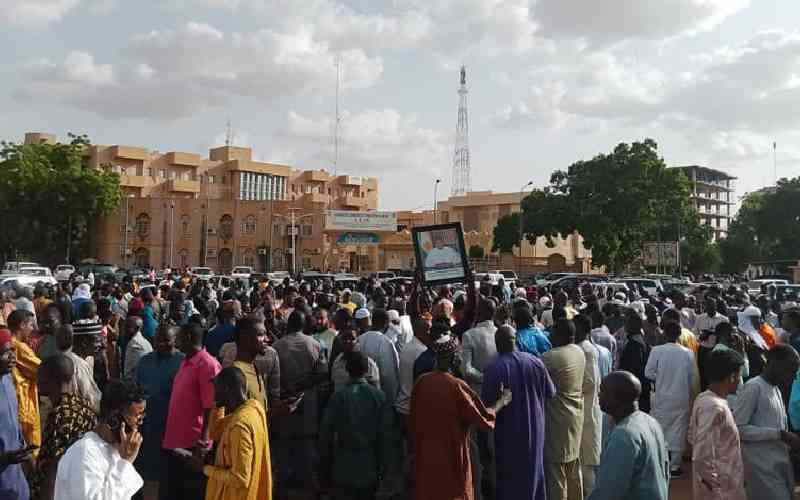×
The Standard e-Paper
Stay Informed, Even Offline

The Scramble for Africa is one of the most famous topics in history right from primary school to university.
The topic has gained new relevance with Africa being contested for again by the great powers. Africa is like a beautiful girl that never ages, endlessly attracting suitors.







